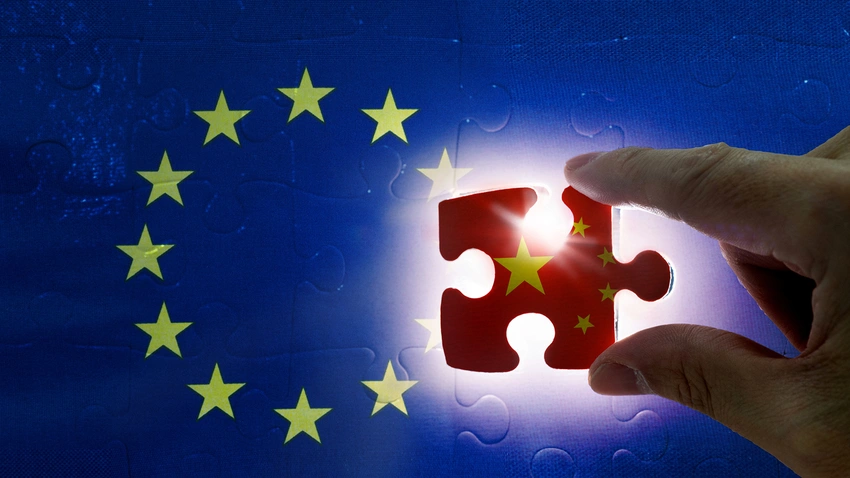The European Union will impose tariffs of up to 37.6% on imports of electric vehicles manufactured in China starting Friday, according to EU officials, marking the largest trade case Brussels has undertaken so far. However, there will be a provisional four-month window for intensive negotiations, as Beijing has threatened broad retaliation measures.
The European Commission’s provisional duties, ranging from 17.4% to 37.6% without retroactive application, aim to prevent a predicted influx of inexpensive EVs bolstered by state subsidies, as stated by Commission President Ursula von der Leyen.
Detailed in a 208-page document released on Thursday, the rates are nearly identical to those announced on June 12. Minor calculation errors pointed out by companies led to slight adjustments. Beijing had previously warned it would take “all necessary measures” to protect its interests, which could include retaliatory tariffs on EU exports like cognac or pork.
EU Trade Chief Valdis Dombrovskis argued there is no justification for China’s retaliation. “Our aim is to … ensure fair competition and a level playing field,” he said in a Bloomberg interview. The EU’s anti-subsidy investigation will continue for almost four more months. At the end of this period, the Commission could recommend definitive duties, usually lasting five years, which EU members would then vote on.
Dombrovskis noted that ongoing talks with China might lead to a mutually beneficial solution, potentially avoiding the tariffs. However, any resolution must address the current market distortion and comply with market principles.
China’s commerce ministry confirmed that several rounds of technical discussions have been held. Ministry spokesperson He Yadong expressed hope for both sides to advance the consultation process sincerely and swiftly.
Specific duties include 17.4% for BYD (002594.SZ), 19.9% for Geely (GEELY.UL), and 37.6% for SAIC, in addition to the EU’s standard 10% duty on car imports. Companies that cooperated with the investigation, such as Tesla (TSLA.O) and BMW (BMWG.DE), will face tariffs of 20.8%, while non-cooperative companies will be subject to the maximum rate of 37.6%.





